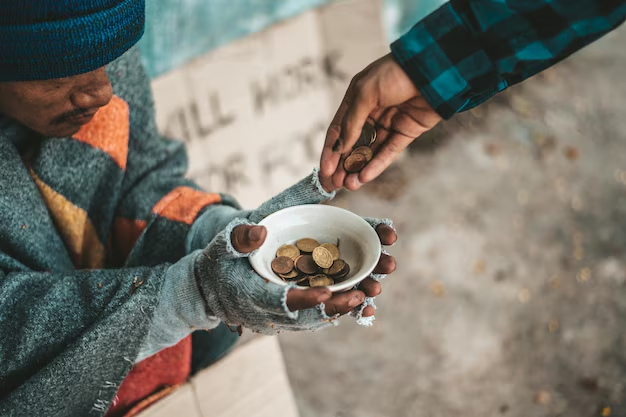Discovering the Impact of Bridges at Kraemer Place Homeless Shelter
Nestled in Anaheim, California, Bridges at Kraemer Place Homeless Shelter emerges as a beacon of hope and refuge for those grappling with homelessness in Orange County. This innovative shelter is not just a temporary roof over one's head but a comprehensive support system aiming to reintegrate people into society with dignity and empowerment. What sets Bridges apart from traditional shelters is its holistic approach, which combines emergency housing with personalized programs aimed at long-term stability.
A Holistic Approach to Overcoming Homelessness
Bridges at Kraemer Place operates on the belief that homelessness is not merely a matter of lacking shelter but often interwoven with complex issues like unemployment, mental health challenges, and addiction. Therefore, its approach is multi-faceted. Residents are provided with not only safe lodging but also access to mental health counseling, job training programs, and substance abuse support groups. The emphasis is on creating an environment where individuals can heal, gain control of their lives, and eventually achieve self-reliance.
The shelter actively collaborates with community organizations and governmental bodies to ensure a seamless transition for its residents back into the workforce and stable housing. Moreover, Bridges is dedicated to fostering a supportive community atmosphere, where people work towards achieving common goals of personal growth and self-sufficiency.
Government Aid Programs: Expanding the Support Network
While Bridges at Kraemer Place provides immediate assistance, navigating out of homelessness often requires broader financial support systems. Government aid programs play a crucial role in this ecosystem. Programs like Temporary Assistance for Needy Families (TANF) and Supplemental Nutrition Assistance Program (SNAP) offer essential financial and nutritional support, empowering individuals to cover basic needs as they work towards independence.
Moreover, the Department of Housing and Urban Development (HUD) offers housing vouchers under the section 8 housing choice voucher program, which enables participants to afford private housing. These resources can be pivotal in ensuring individuals and families exiting shelters like Bridges have the stability they need to rebuild their lives.
Financial Assistance and Debt Relief Options
For those overcoming homelessness, managing or clearing debt is often another barrier to financial independence. Debt relief options, including credit counseling services and debt consolidation, can provide much-needed relief and guidance. Agencies like the National Foundation for Credit Counseling (NFCC) offer free or low-cost services to help individuals manage their finances effectively. It's about making informed decisions that pave the way to financial health.
Additionally, many states offer emergency financial assistance programs that can cover unexpected expenses, from medical bills to car repairs, helping prevent future cycles of homelessness.
Educational Grants: Investing in a Brighter Future
Education is a powerful tool for overcoming poverty. Educational grants, including the Federal Pell Grant, provide funding that enables individuals to pursue higher education or vocational training without the burden of student loans. These grants are critical for residents at shelters like Bridges, who may need to acquire new skills or further their education as part of their journey toward stability and employability.
In conclusion, shelters like Bridges at Kraemer Place are integral in addressing the immediate needs of the homeless population and laying the foundation for lasting change. By leveraging governmental aid programs, financial assistance, and educational opportunities, individuals can strengthen their path towards a secure, independent future. Beyond shelter, it's about rebuilding lives with dignity and hope.
Financial and Educational Resources at a Glance
🔹 Temporary Assistance for Needy Families (TANF): Cash aid for families in need.
🔹 Supplemental Nutrition Assistance Program (SNAP): Provides nutritional support.
🔹 HUD's Section 8 Housing Choice Voucher: Helps cover private rental housing costs.
🔹 National Foundation for Credit Counseling (NFCC): Offers credit and debt counseling.
🔹 Federal Pell Grant: Funding for low-income students to pursue higher education.
🔹 Emergency Financial Assistance: For unexpected expenses to avoid financial pitfalls.
Taking advantage of these resources can bridge the gap towards achieving financial independence and breaking the cycle of homelessness.

